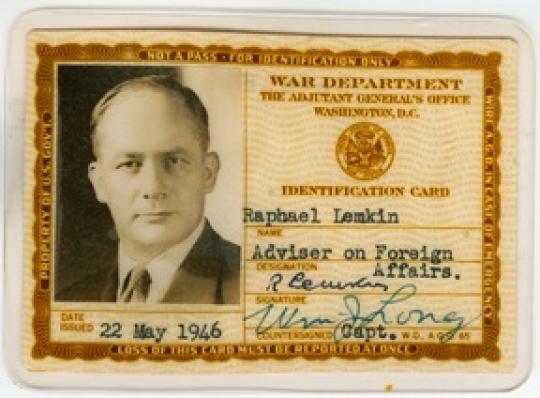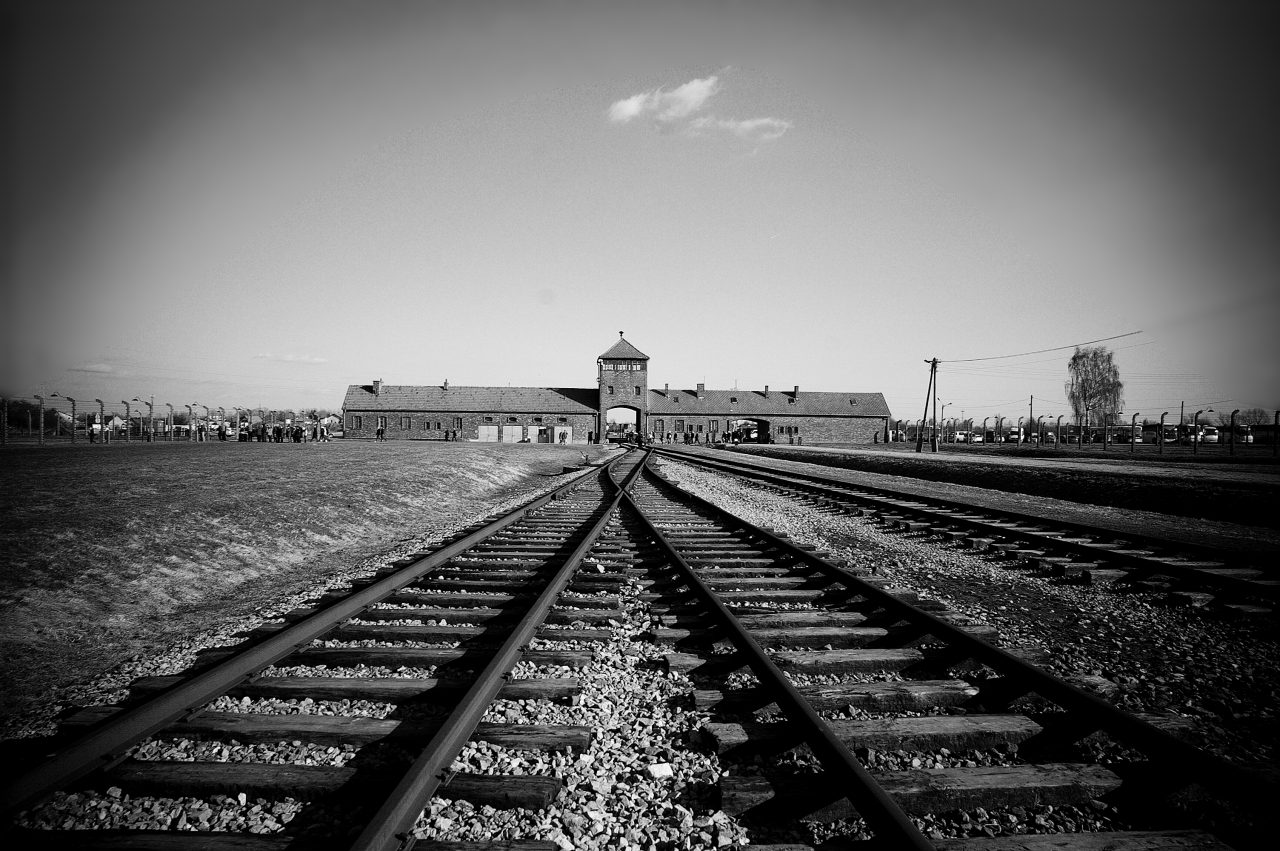24 June 1900: Raphael Lemkin was born
On 24 June 1900, Raphael Lemkin – the man who coined the word ‘genocide’ – was born. Lemkin was saddened by massacres of the past and his own family were murdered during the Holocaust. He dedicated his life to getting genocide recognised as a crime by nations across the world.
Lemkin grew up in a Polish Jewish family in the village of Bezwodene, which today is in Belarus. His interest in mass murder and justice began at an early age, reading about the brutal persecution of Christians by Roman emperor Nero.
However, it was upon learning of the murder of the Ottoman leader Talaat Pasha, a man responsible for the massacre of Armenians in 1915, that he was compelled to take action. Pasha was assassinated by Armenian survivor Soghomon Tehlirian, whose entire family was murdered during the atrocities. Tehlirian was subsequently arrested and put on trial, but was acquitted of the crime. He had made the decision to act because, despite being sentenced to death by the Turkish authorities, there had been no attempt to apprehend Pasha after he fled the country, and the mass murder of thousands of people was not recognised as a crime under international law. Lemkin was fascinated by the case, and made it his life’s aim to change this.
‘We must shorten the distance between the heart and the deed. To live an idea, not only to talk about it or feel it.’
Being Jewish, the outbreak of war and Nazi persecution of Jews made Lemkin a potential victim of the crime he wanted to outlaw. He became a refugee, finding sanctuary in the United States, and soon Lemkin began to focus his attention solely on getting this crime recognised. His mother and father, meanwhile, were among the six million Jewish people murdered in the Holocaust.
To take his case to the world, he felt the crime needed a precise, concise and effective name in order to grab people’s attention. Using the linguistic skills he honed from an early age, he combined the Greek genos, meaning race or tribe, and the Latin cide, meaning killing. The word ‘genocide’ was born.
Lemkin first used the term, which he defined as a ‘coordinated plan of different actions aiming at the destruction of essential foundations of the life of national groups, with the aim of annihilating the groups themselves’, in his 1944 book Axis Rule in Occupied Europe. His goal was for genocide to be recognised as a crime in international law and, ultimately, to prevent it from happening again.
On 9 December 1948, Lemkin’s determined campaigning was recognised when the UN adopted the Convention of the Prevention and Punishment of the Crime of Genocide. Yet this was the beginning of a long battle to get nations across the world, most notably the US, to ratify the convention. It wasn’t for another 50 years, that the first conviction for genocide was made – Jean-Paul Akayesu was convicted of genocide and crimes against humanity in 1998 for his involvement in the genocide against the Tutsi in Rwanda.
Lemkin’s daily struggle to get the convention ratified took its toll on his health and social life. He passed away, poor and alone, following a heart attack in 1959, but his work and development of the term ‘genocide’ have provided a lasting legacy.


